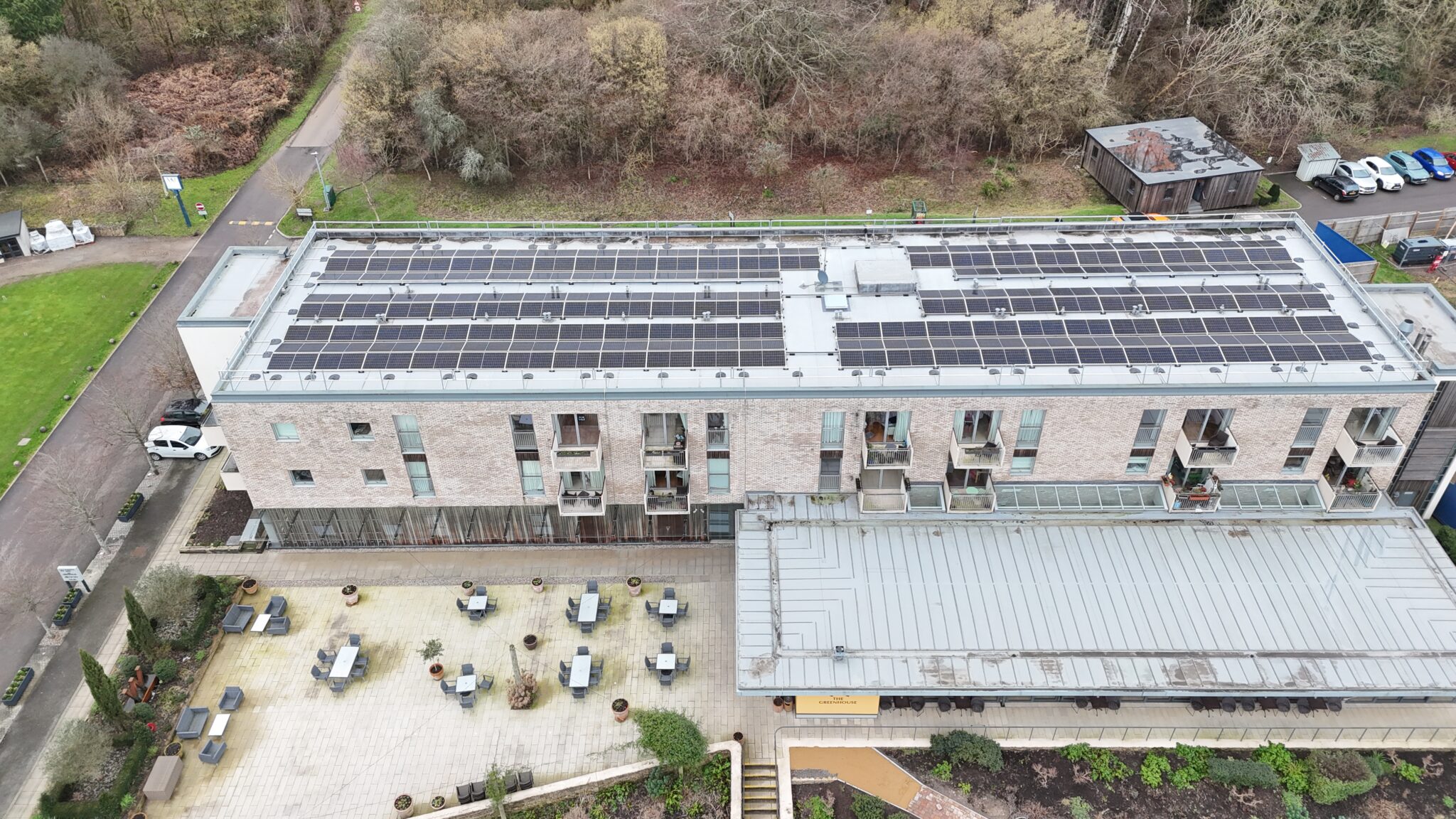
The big “yes” moment can feel like the finish line.
After weeks – maybe months – of conversations, comparisons, and careful decisions, Mum or Dad has finally agreed to make the move. You exhale, relieved.
But then… something shifts.
Boxes are being packed, goodbyes begin, and suddenly a new kind of hesitation appears. They might seem quieter, nostalgic, or even a little anxious. You start to wonder: Have we done the right thing?
If this sounds familiar, you’re not alone, and it doesn’t mean they’ve changed their mind. It simply means the decision has moved from the head to the heart. And that’s where things get real.
The Calm After the “Yes” Isn’t Always Calm
Even when someone is certain they’ve made the right choice, leaving a familiar home is one of the most emotional experiences we ever go through.
For many older adults, their home is more than walls and rooms. It’s where life unfolded: family dinners, birthdays, quiet mornings with the paper, and the sound of the garden gate closing. Saying goodbye to all of that, even for something exciting and positive, can stir up deep emotions.
It’s important to remember that this phase is completely natural. A little sadness, uncertainty, or even second-guessing doesn’t mean regret. It’s simply part of the transition.
What’s Really Behind the Wobble
Beneath the surface, there are usually a few quiet fears at play – even for parents who are genuinely ready to move.
- Loss of identity: Leaving a home they’ve lived in for decades can feel like leaving a piece of themselves behind.
- Fear of the unknown: Will they fit in? Will it really feel like home?
- Change fatigue: After months of decisions and logistics, they might just feel tired.
- Concern for you: Many parents worry they’re causing disruption or cost, even if you’ve reassured them otherwise.
One Rangeford homeowner recently told us, “I almost backed out the week before moving. Then, two weeks later, I couldn’t imagine living anywhere else.”
That’s the journey. The wobble is part of finding confidence again.
Gentle Ways to Help Them Feel Secure
This stage isn’t about fixing fear – it’s about creating calm. Here are a few gentle ways to help Mum or Dad feel emotionally anchored.
1. Acknowledge, Don’t Dismiss
The most reassuring phrase in the world might just be: “It’s okay to feel this way.”
You don’t have to solve it. Just knowing you understand goes a long way.
2. Keep Them Involved
Even if the major decisions are made, invite them into the little ones – choosing curtains, deciding what to bring, planning their first meal in the new place.
Every choice reinforces a sense of control.
3. Reconnect Them With Excitement
Bring back the reasons they said yes in the first place.
Talk about the things they were looking forward to – the freedom, the community, the swimming pool, the walking group, and the no-more-maintenance joy.
It’s easy for stress to drown out excitement. A few reminders can reignite it.
4. Build Familiarity Early
The more they see the new space before moving day, the less “new” it feels.
Visit again. Attend a coffee morning or open day. Let them start recognising faces and spaces.
Familiarity is one of the best antidotes to fear.
5. Prepare Little Comforts for Move-In
A few small things can make the first day feel emotionally safe – a favourite armchair, their kettle, and family photos already framed. When the essentials of home are there, the rest starts to fall into place.
The First Weeks Are an Adjustment and That’s Okay
No matter how ready someone feels, every move takes a little settling in. The first few days might feel quiet or overwhelming – or both.
Encourage them to ease in gently:
- Join one activity rather than trying everything at once.
- Take a morning walk, or just enjoy a coffee in the bistro.
- Keep visits regular, but not so frequent that they don’t have space to build new connections.
The second week nearly always feels easier than the first.
And by the third, many families say their parent is busier than ever, with social lunches, new friends, and rediscovering independence in a new way.
How Rangeford Helps Families Through the Emotional Transition
At Rangeford Villages, we understand that moving into a new home at this stage of life isn’t just a practical change – it’s deeply personal. That’s why we focus as much on feeling ready as being ready.
Here’s how we help:
- Warm, relaxed open days that allow residents and families to explore without pressure.
- Coffee chats and informal visits where new residents can meet neighbours and ask anything they like.
- Friendly, familiar faces – our advisors and village teams take the time to get to know each family personally.
- A gentle welcome programme in the first weeks after move-in, helping every new resident find their rhythm and sense of belonging.
We’re not just preparing homes – we’re preparing people for a happier, calmer next chapter.
Let’s Take the Next Step Together
If you’d like to visit your chosen village again before move-in or talk through how to make the transition smoother for your parent, we’d love to help.
Call us or book a relaxed coffee chat with one of our friendly advisors.
Because saying yes is just the beginning, but feeling ready is where the new life truly starts.


